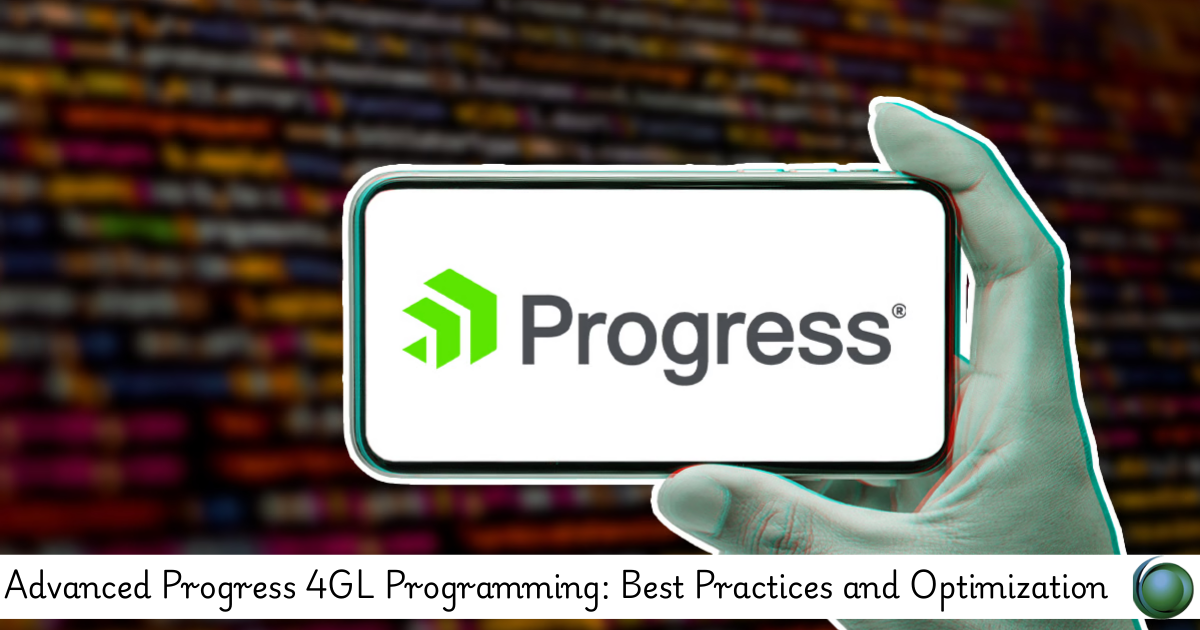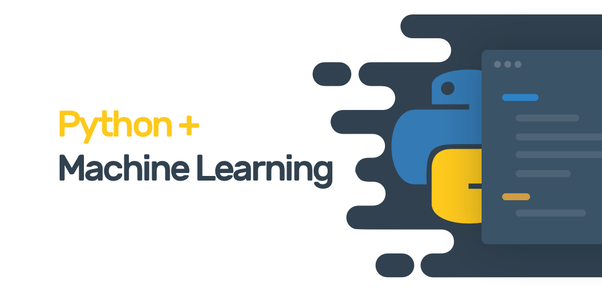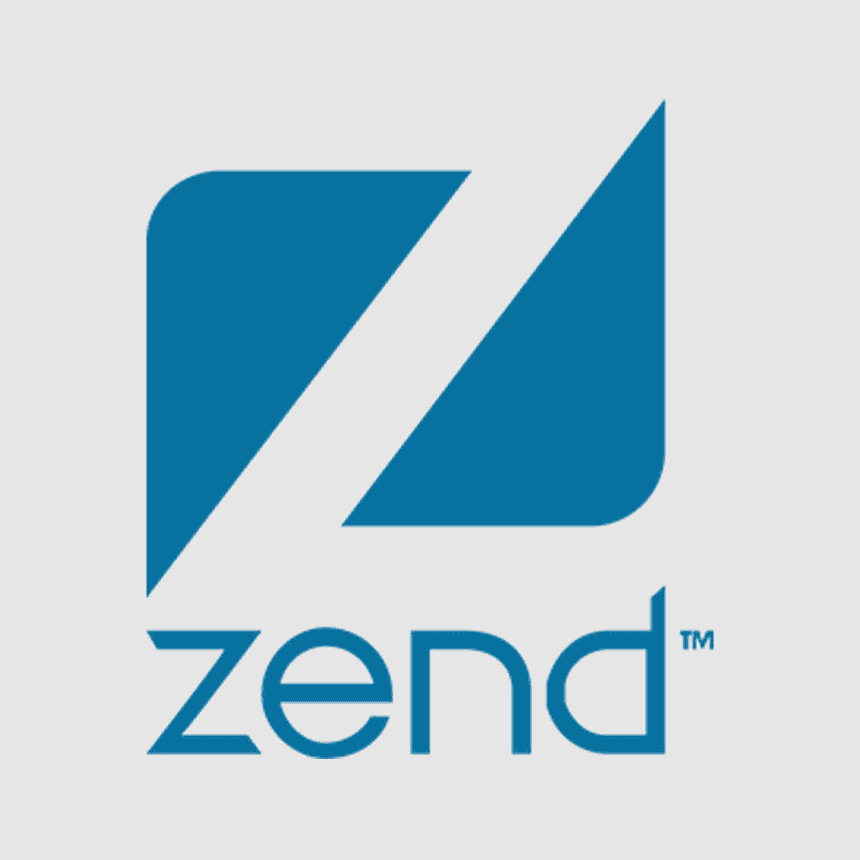Description
Introduction
Progress 4GL, now known as OpenEdge Advanced Business Language (ABL), is a powerful, high-level programming language designed for enterprise application development. While mastering the basics is essential, advanced 4GL programming techniques enable developers to write more efficient, scalable, and maintainable applications.
This course is designed for experienced OpenEdge developers looking to enhance their skills in performance optimization, advanced database handling, object-oriented programming, debugging, and integration techniques. It covers best practices for code optimization, transaction management, UI enhancement, and API integrations to ensure high-performance applications. By the end of this course, participants will be equipped with the skills to develop and optimize complex OpenEdge applications effectively.
Prerequisites
- Proficiency in Progress 4GL/OpenEdge ABL
- Experience with database operations, queries, and transactions
- Basic knowledge of object-oriented programming (OOP) in OpenEdge
- Familiarity with OpenEdge development tools
Table of Contents
1. Advanced 4GL Programming Techniques
1.1 Enhancing Code Readability and Maintainability
1.2 Using SmartObjects and Reusable Components
1.3 Modularizing Code with Procedures and Functions
1.4 Best Practices for Large-Scale Application Development
2. Performance Optimization in OpenEdge
2.1 Identifying and Resolving Performance Bottlenecks
2.2 Optimizing Queries for Faster Execution
2.3 Improving Data Access with Indexing and Caching
2.4 Reducing Network Latency and Improving Response Time
3. Advanced Database Handling
3.1 Working with Large Datasets Efficiently
3.2 Using Temp-Tables and ProDataSets for Data Management
3.3 Optimizing Transaction Processing
3.4 Implementing Effective Data Archiving Strategies
4. Object-Oriented Programming (OOP) in OpenEdge
4.1 Implementing Classes and Objects in OpenEdge(Ref: Progress 4GL Fundamentals: Introduction to OpenEdge Development)
4.2 Understanding Inheritance and Polymorphism
4.3 Managing Object Lifecycle and Garbage Collection
4.4 Best Practices for OOP in OpenEdge Applications
5. Error Handling and Debugging
5.1 Advanced Debugging Techniques
5.2 Handling Errors and Exceptions Efficiently
5.3 Logging and Monitoring Application Performance
5.4 Automating Error Notifications and Alerts
6. Multi-threading and Parallel Processing
6.1 Implementing Multi-threaded Execution in OpenEdge
6.2 Optimizing Background Processes and Batch Jobs
6.3 Asynchronous Processing for High-Performance Applications
6.4 Managing Resource Allocation for Parallel Execution
7. Enhancing User Interface (UI) and UX in OpenEdge
7.1 Designing Responsive and Intuitive UI
7.2 Implementing Event-Driven Programming
7.3 Integrating Web and Mobile Interfaces with OpenEdge
7.4 Enhancing UI Performance with Best Practices
8. OpenEdge Integration with External Systems
8.1 Exposing and Consuming REST and SOAP APIs
8.2 Connecting OpenEdge with Third-Party Databases
8.3 Implementing Secure Authentication and Authorization
8.4 Best Practices for System Integration and Data Exchange
9. Secure Coding and Compliance in OpenEdge
9.1 Implementing Data Encryption and Secure Transactions
9.2 Access Control and Role-Based Security in OpenEdge
9.3 Ensuring Compliance with Industry Standards (GDPR, HIPAA)
9.4 Best Practices for Secure OpenEdge Development
10. Cloud and Containerization with OpenEdge
10.1 Deploying OpenEdge Applications in the Cloud
10.2 Using Docker and Kubernetes for OpenEdge Applications
10.3 Scaling OpenEdge Applications in Cloud Environments
10.4 Managing Cloud-Based OpenEdge Databases
11. Deployment and Maintenance Best Practices
11.1 Automating Deployment Processes
11.2 Monitoring and Logging for Production Environments
11.3 Implementing Continuous Integration and Continuous Deployment (CI/CD)
11.4 Performance Tuning for Production Applications
12. Case Studies and Hands-on Labs
12.1 Lab: Optimizing a Complex Query for Performance
12.2 Lab: Implementing a Multi-threaded Background Job
12.3 Case Study: Enhancing OpenEdge Security in a Real-World Application
12.4 Case Study: Integrating OpenEdge with an External API
By completing this course, participants will gain expertise in advanced Progress 4GL programming techniques, enabling them to build high-performance, secure, and scalable OpenEdge applications. This training prepares developers for real-world challenges, ensuring they can optimize, debug, and integrate complex business applications efficiently.







Reviews
There are no reviews yet.